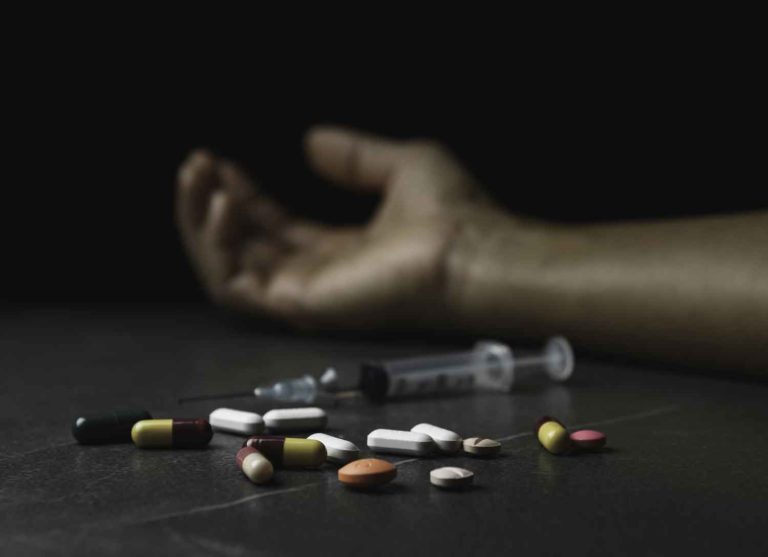
The Seattle City Council asked for recommendations on how to combat the city’s overdose crisis. In response, the Overdose Emergency Innovative Recovery (OEIR) group recommended the city decriminalize all drugs, especially psychedelics. Voters had approved a measure the past general election, but the state’s supreme court overturned it on a technicality. Therefore, psychedelics and all other illegal drugs besides cannabis remain criminalized.
In their recommendation letter, OEIR focuses on five different aspects the city could tackle to reduce the overall overdose crisis. First would be to decriminalize all drugs. Second is adequate housing. OEIR says to help people feel better about themselves and ask for help starts with having a roof over their head. The third aspect would be expanding and investing more in public health. There are still several thousands of people who don’t have access to insurance. Therefore, they aren’t able to seek out medical attention for an addiction or a potential problem because they can’t afford the cost of healthcare.
Fourth, OEIR saysSeattle should geographically expand their harm reduction services. There are programs set up in the city, but they don’t have a wide range. OEIR noted a large amount of overdoses happen in the southern areas of the county. Harm reduction services are few and far between. Finally, OEIR believes expanding services in general, not just geographically, will help decrease overdoses. Offering more service sites and mental health programs will help those with addiction. These series will also help destigmatize mental health counseling and make it easier for people to seek help.
Recommendation
OEIR published a one page recommendation and spoke more about the points listed above.
“Our work has revealed that adequate housing is a crucial component in the foundation of any response. People who are housed and supported are less likely to overdose. Stability, access to appropriate and dignified housing, and services without disccrimination is important for preventing overdoses. Expansion and investment for public health and community based organizations to provide harm reduction services is one example of the support people need to remain safe. Urgently the geographic reach of harm reduction services needs to expand in King County especially to the south where overdose deaths are high and services scarce.
“Expansion of care is also needed as data show that the majority of people who attend syringe exchanges want help reducing their use. Prioritization and investment in medication for opioid use disorder i.e. more buprenorphine, expanding mobile methadone options across the county will reduce overdoses. Investing in peer navigators and peer workers, not just those with certifications, but all people with lived experiences, will also help the retention of people who use drugs in overdose prevention programs and in navigating the healthcare system.”
Future
The Seattle City Council hasn’t responded to the OEIR’s response at this time. Vocal Washington (VOCAL-WA) partnered with OEIR to bring awareness to the overdose crisis, marching peacefully along the streets of Seattle. Should drugs become decriminalized in Seattle, VOCAL-WA looks to push for safe consumption sites as well. They would be one of the first cities in the country to do so, after Rhode Island legalized safe consumption sites in the state. As more information becomes available, we will update you with the latest.
Make sure to check back for more cannabis and hemp related news.